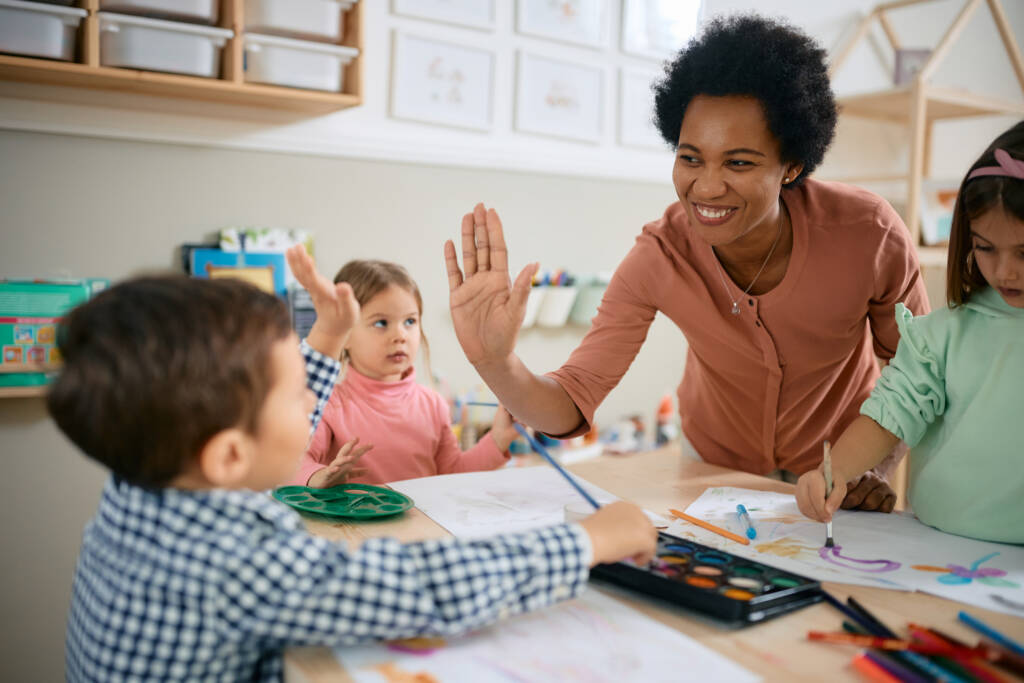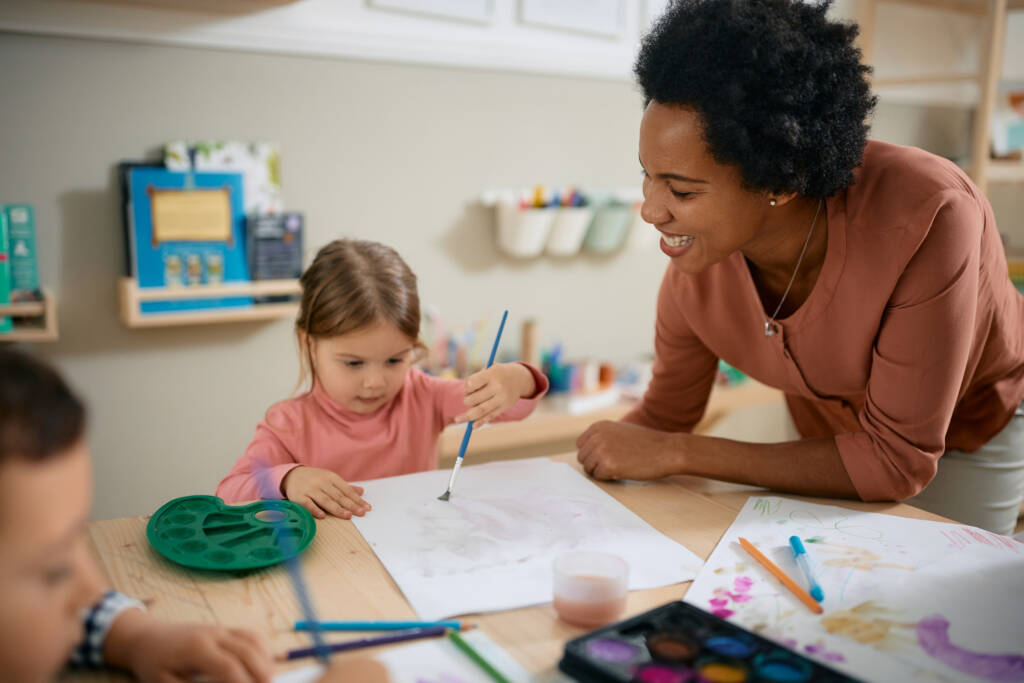
Adult Education Real World Parenting

The process of parenting is more than just having a child and making sure they eat, sleep and get to school on time. Learn what to prepare for, what to expect, and what vital steps a parent can take to create the best environment and life for their child. Parenting roles and responsibilities; nurturing and protective environments for children; positive parenting strategies and effective communication in parent/child relationships are some of the topics covered in this course.
Cost: Students purchase 28 days of access for $105. Students may work as quickly through the content as they wish. Every 28 days, students may purchase an additional 28 days of access for an additional $105.
Major Topics and Concepts
- Discuss what it means to be a parent.
- Understand the roles and responsibilities of being a parent.
- Analyze the costs and rewards of parenthood.
- Compare different parenting philosophies.
- Describe the qualities that make a person a good candidate for parenthood.
- Define self-esteem.
- List characteristics of a person with high self-esteem and a person with low self-esteem.
- Understand the self-esteem needs of children at different stages of development.
- Identify factors that raise and diminish a person’s self-esteem.
- Understand ways in which parents influence a child’s self-esteem.
- Define “protective environment” and “nurturing environment.”
- Discuss the kinds of nurturing and support children need at different ages.
- Identify abuse and other potential impediments to creating a nurturing environment.
- Describe strategies for nurturing special needs children.
- Understand how to choose appropriate childcare.
- Understand what positive parenting means.
- Define punishment, discipline, and guidance.
- Discuss how positive parenting can be used with children of different ages.
- Understand the use of consequences in positive parenting.
- Know the resources available to parents and where to find them.
- Discuss communication and what makes communication effective.
- Describe the differences between negative and positive communication.
- Consider how to talk with children about their mistakes through positive communication.
- Discuss some of the social issues that affect families.
- Consider how parents can talk to their children about difficult issues.
- Discuss family composition and some factors that influence this aspect of family life.
- Examine the different types of families.
- Discuss the history of Western families and how family practices have changed over time.
- Consider multicultural families and the advantages and challenges that they face.
- Discuss how parents can help their families adapt to a new culture or area.
- Learn about youth organizations and their benefits.
- Find examples of youth organizations and their purposes.
- Discuss the benefits of volunteering with the community.
- Define personal development and growth.
- Examine how parents can help children with personal development.
- Learn more about brain development in children.
- Discuss some ways that parents can encourage brain development.
- Examine how parents can use technology.
- Learn about some of the advances in assistive technology and devices.
- Consider the benefits of assistive technology.
Competencies
Leadership and Organizational Skills
Students will demonstrate an understanding of leadership and organizational skills by explaining types of youth organizations, describing the impact of volunteering on a child’s personal growth, and summarizing the parent’s role in a child’s personal development.
Parent-Child Relationships
Students will demonstrate an understanding of parent-child relationships by explaining strategies to build positive relationships and describing tips for communicating social issues to children.
Positive Parenting
Students will demonstrate an understanding of positive parenting by describing parenting methods, explaining age-appropriate behaviors, and summarizing community resources that support families.
Self-Esteem and Child Development
Students will demonstrate an understanding of self-esteem and child development by explaining the concept of self-esteem, describing a parent’s role in fostering a child’s self-esteem, and explaining influences on a child’s self-esteem.
World of Parenting
Students will demonstrate an understanding of the world of parenting by describing misconceptions about parenting, explaining considerations when deciding to become a parent, and summarizing the responsibilities of parents.
Parenting and Science
Students will demonstrate an understanding of parenting and science by explaining brain development in children, describing technology’s effect on parenting, and summarizing the benefits of assistive technology.
Family Diversity
Students will demonstrate an understanding of family diversity by describing types of families, explaining effects of family diversity, and describing strategies for adjusting to a new culture.
Environments for Children
Students will demonstrate an understanding of environments for children by describing elements of a nurturing environment, summarizing types of child abuse, and explaining considerations for nurturing environments for children.

